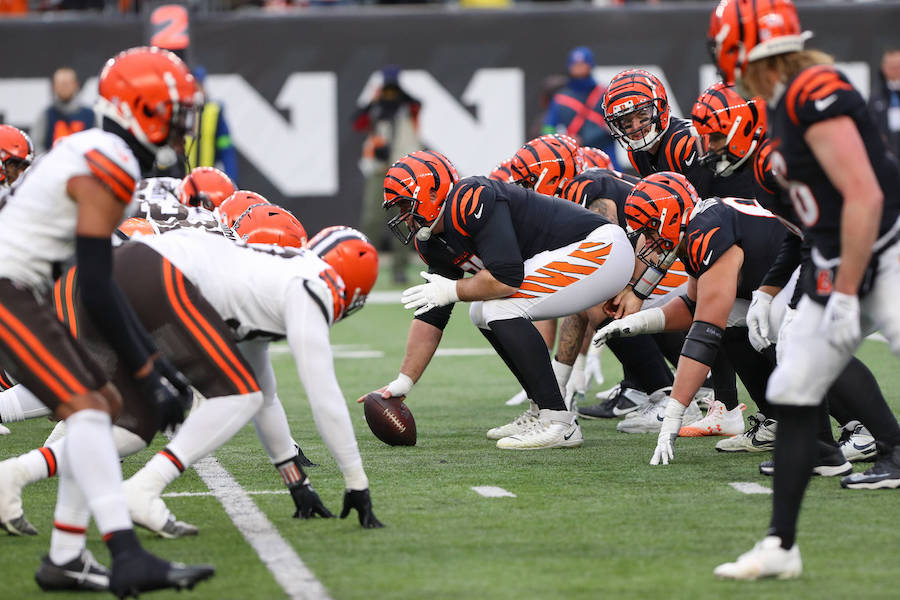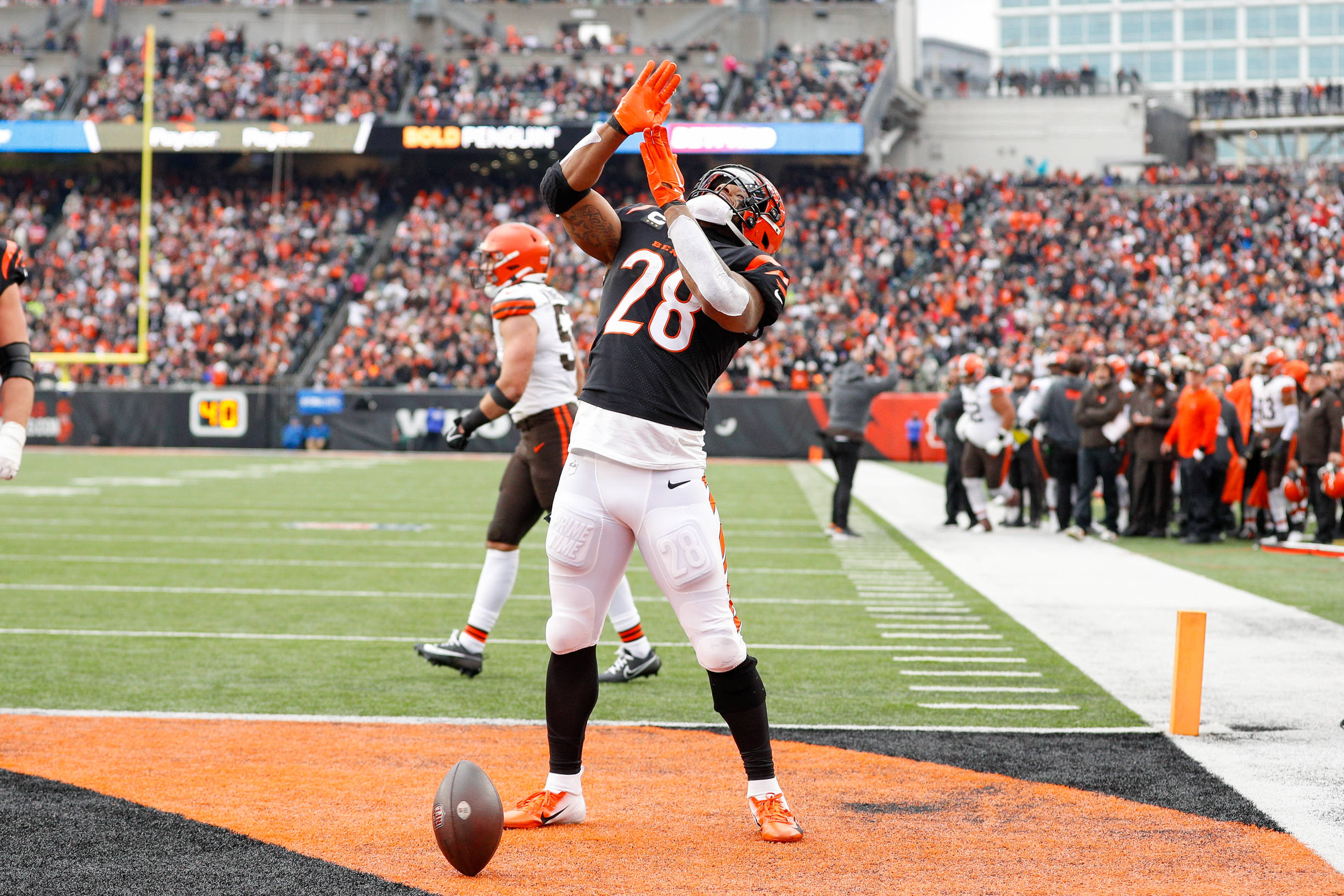But with the state’s term limits rules forcing an end to his eight-year stint in the state House of Representatives in 2024, Seitz’s next option would have been a run at returning to the state Senate – where he served from 2008-2016.
But Seitz, 69, who has been the Majority Leader in the House for the past six years after also serving in the House from 2001-07, recently announced that he would not take the latter step in 2024. That leaves the attorney and native of Cincinnati as a lame duck as he serves out his final year.
Back in 2009, Seitz’s endorsement of a constitutional amendment to bring casinos to Ohio’s four largest cities was a key factor in its passage.
“A billion-dollar capital investment, $200 million in upfront money and an ongoing program of 33 percent gross state tax could provide significant benefits for Ohio at a time when we are certainly in need of all the benefits we can get,” Seitz said at the time. “I’m not saying this is the proposal I would have drafted. I’ve been consistent that we need to do something. This may not be the best thing, but it’s positive.”
Under the proposal that was backed by Cleveland Cavaliers NBA franchise majority owner Dan Gilbert, developers agreed to pay $50 million each for licenses to operate casinos in Columbus, Cleveland, Cincinnati, and Toledo. There also was a requirement to spend at least $250 million on construction at each site.
Seitz suggested at the time that the tax rate on the casinos could have been higher, as it is a number of other states in the Midwest region. But the referendum passed, in part due to his support.
The financial health of the Ohio horse racing industry also was a concern for Seitz, who spearheaded the effort that in 2012 led to Scioto Downs in Columbus becoming the first horse racing track to feature gambling at slot machine-like “video lottery terminals.”
In 2017, Seitz sponsored a bill that eliminated the ban on casino employees gambling at any of the state’s other casinos, and it passed the House unanimously before becoming law. Pennsylvania, New Jersey, and other states previously featured such bans before rescinding them as well.
Sports Betting Was Also Backed by Lawmaker
The U.S. Supreme Court in May 2018 voided a 26-year-old federal law that had effectively given Nevada a monopoly on legal sports betting.
Many states acted quickly enough to launch sportsbooks – including mobile versions that drive about 90% of revenue in most states – that same year or the year after.
But Ohio remained on the sidelines on sports betting as neighboring states Pennsylvania, West Virginia, Indiana, and Michigan moved forward. That’s in spite of a bill that was introduced just two months after the Supreme Court’s ruling, due to opposition from state universities and from the state’s professional sports teams who wanted clarity on whether they could be partners with sportsbooks.
Seitz played a central role in 2021 in crafting a compromise bill that ultimately passed in December of that year, providing for 25 mobile sportsbook licenses and up to 42 licenses for retail casinos, racinos, and professional sports facilities. Qualifying bars and restaurants also were allowed to have one or two Ohio sports betting kiosks on their premises.
The first bets finally were taken in Ohio on Jan. 1, 2023.
Just six months later, Gov. Mike DeWine announced that he was doubling the tax on sports betting revenue from 10% – one of the lowest rates in the country – to a more typical 20%. Seitz described the change by his fellow Republican as “shortsighted.”
Seitz added that the formation of a commission to study the various impact of gambling in Ohio would include consideration of whether reverting the tax back to the original 10% would be better for the state in the long run.
Online Casino Gaming Future in Ohio in Limbo
The history of legal gambling expansion in Ohio has featured quite a bit of indecision, debate, and delays, so Seitz’s influence was sorely appreciated by advocates of that direction.
But Ohio – unlike neighboring Pennsylvania, Michigan, and West Virginia – has yet to approve online casino gaming, even though the latter form of gambling brings in up to twice as much money as sports betting does.
Vixio Gambling Compliance’s 2022 study found that more than $250 million annually could wind up in the state Treasury if online casino gaming in Ohio is legalized.
But earlier this year, members who attended a conference of the National Council of Legislators From Gaming States (NCLGS) did not list Ohio among the states most likely to move forward with online casino legalization.
However, Indiana – another state that borders Ohio – was listed in that group. While a bill on that topic failed in Indiana this year, a fourth neighboring state to offer online casino play eventually might help move the needle in the Ohio statehouse.
Still, the fact that New Jersey, Connecticut, and Delaware (plus Nevada online poker-only) also offer online casino gaming in addition to three of Ohio’s neighbors means that if previous history is to be acknowledged, it may be unlikely that Ohio legislators would look to be among the early adapters of such gambling.
That’s where the influence of Seitz could have come in handy.







